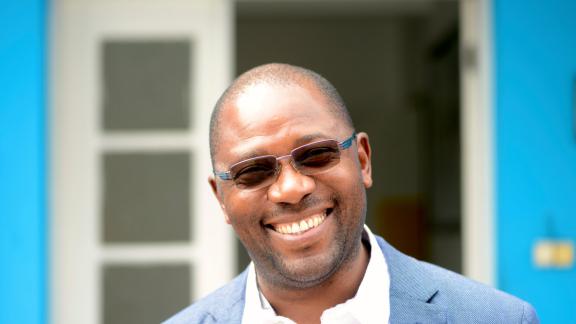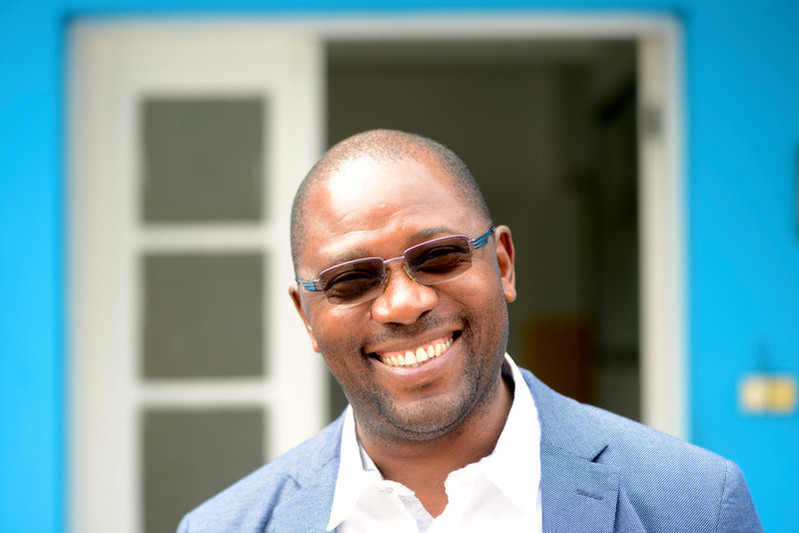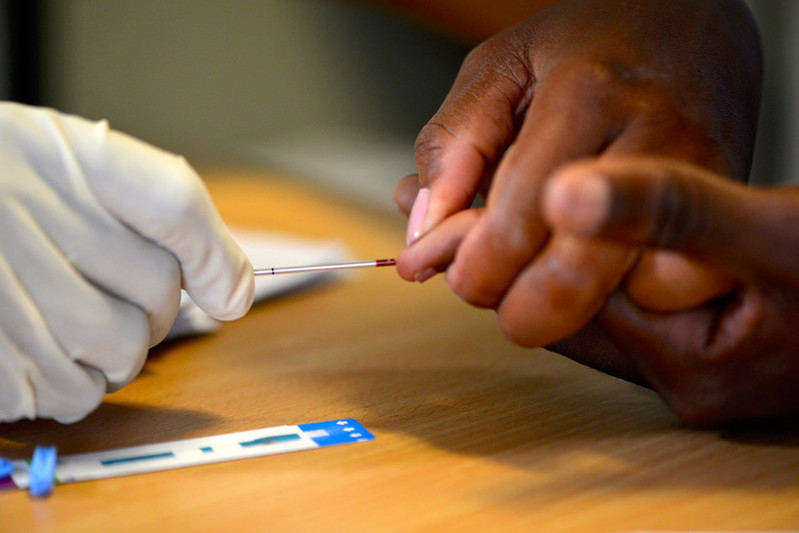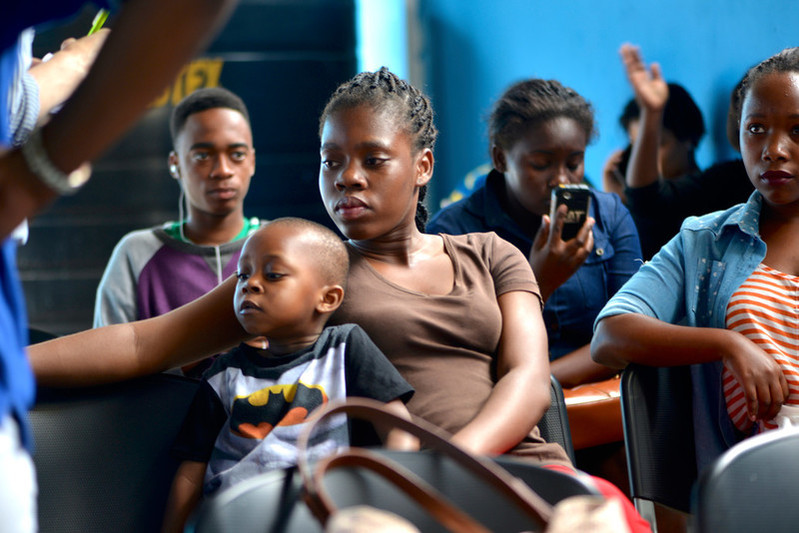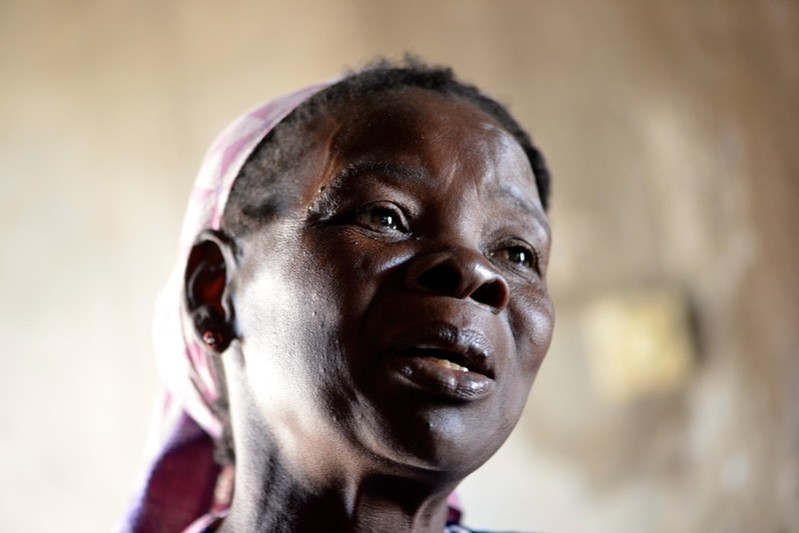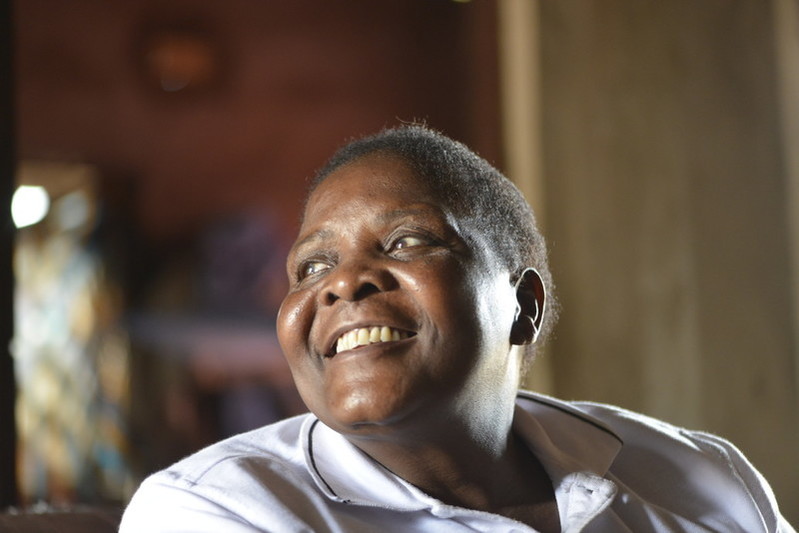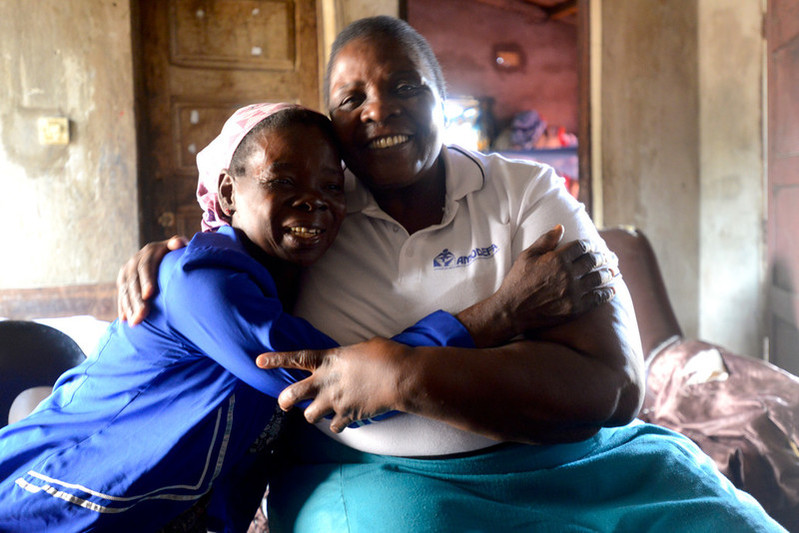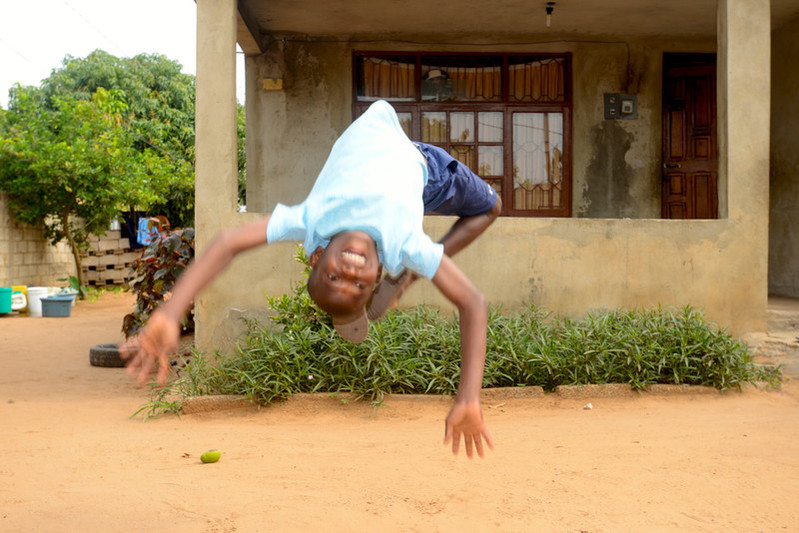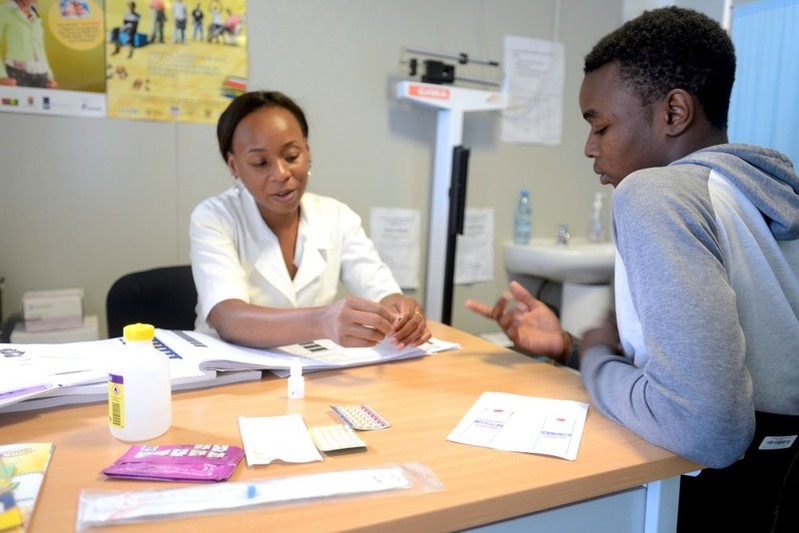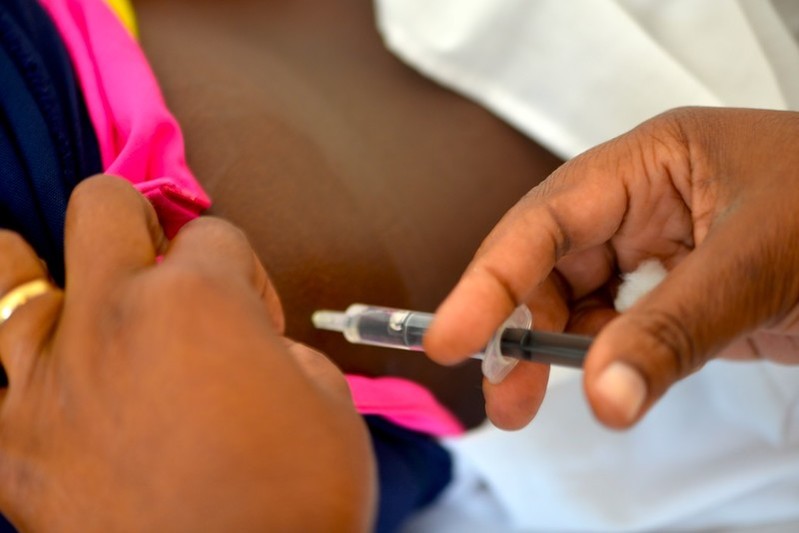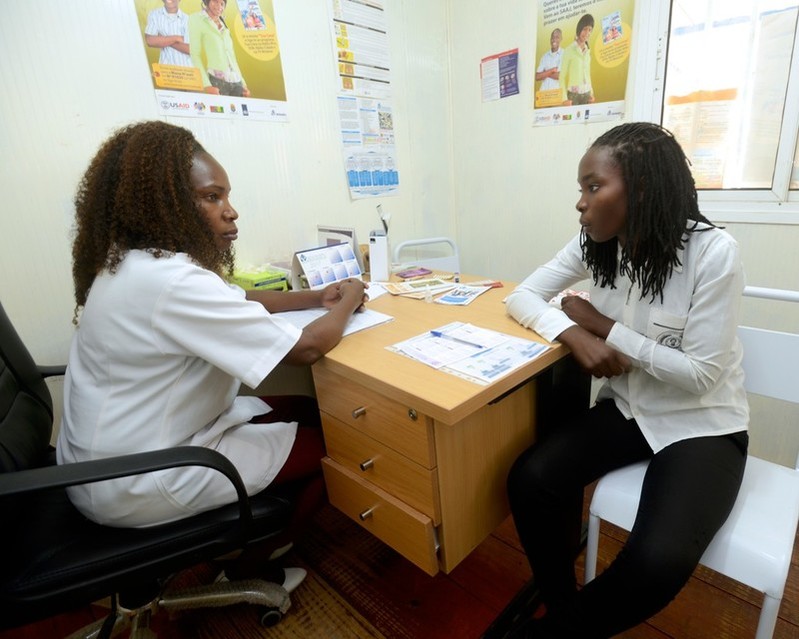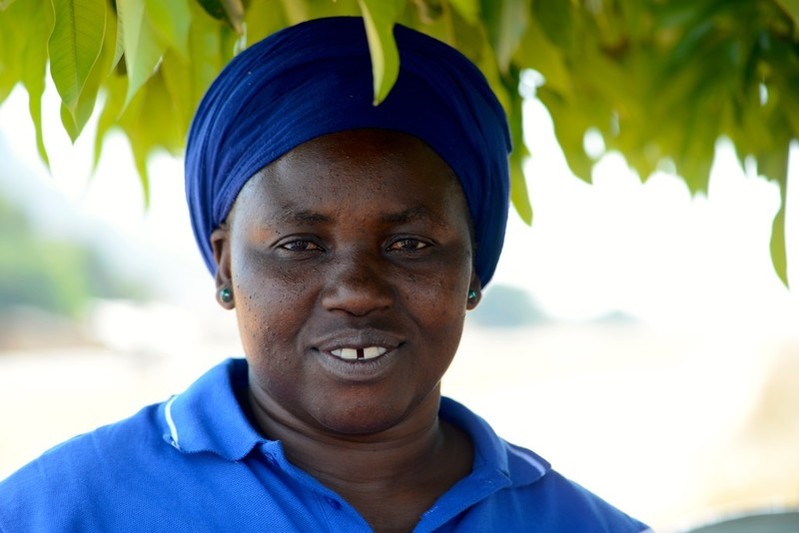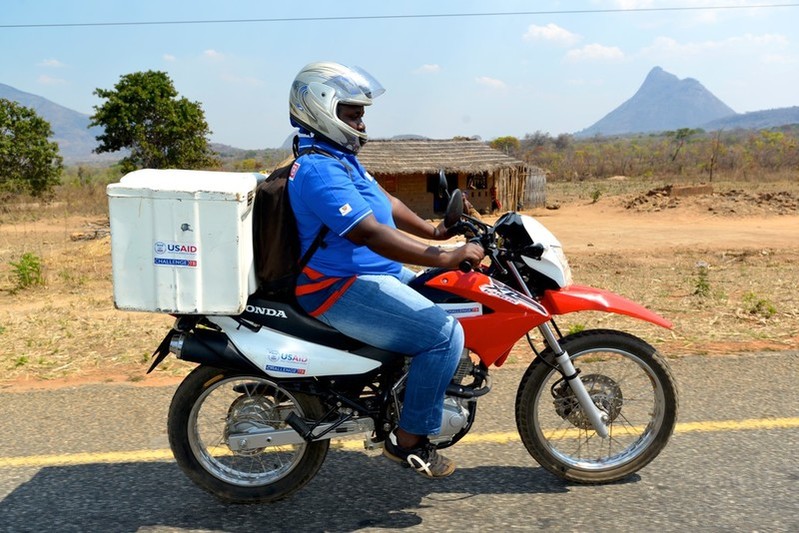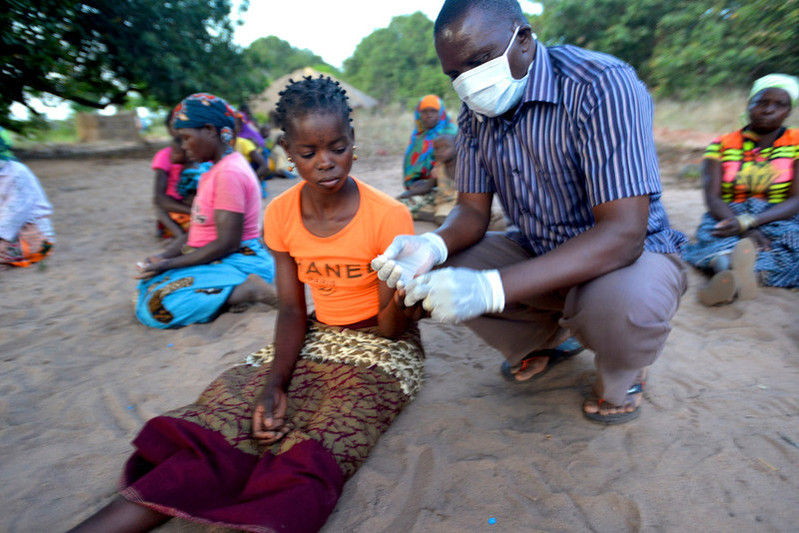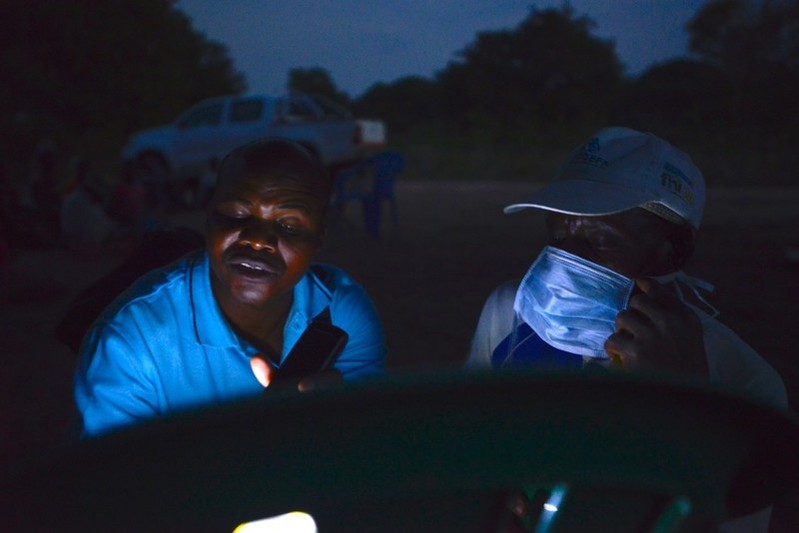Santos Simione is the executive director of Amodefa, our associated clinic in Mozambique. He discusses the consequences of the global gag rule and what it means for sexual and reproductive healthcare in the community.
What is the the financial impact on Amodefa of the US withdrawal of funds?
Santos: The impact of the US withdrawal of funds, will be $2 million – 60% of our budget.
How will this impact the people involved in US funded projects?
Santos: People involved in US projects: 130 jobs (staff) will need to be cut – not including the activistas or peer-educators who are part of those projects. To give an examples, two weeks ago we had to close 9 clinics in Gaza Province, there were 33 staff involved and 600 activistas and peer educators at the community level.
And in terms of the families you help?
Santos: We estimate half million people across their HIB, TB, malaria and family planning projects will be affected. The focus is more on HIV and TB and malaria, because we never used funds from US for any programme related to abortion or prevention care.
Why is it so important to Amodefa not to sign the GAG rule?
Santos: It's important to us not to sign the GAG rule because it is related to human rights, it’s related to human dignity. It’s related to saving the lives of people. That’s why we won’t sign it.
What was your role in helping push for the abortion law in Mozambique?
Santos: Amodefa was part of a civil society coalition on this issue. Form the beginning Amodefa was involved in lobbying the government to help this law, using different stakeholders.
What will be the impact of the health clinics closing, particularly on young girls and girls in school?
Santos: First impact, especially on young people, is that most likely the number of unplanned pregnancies will increase. Secondly, those that seek abortion won’t have the information about which facilities to use, they will resort to unsafe abortion methods and as a consequence of that, we expect many people will die. The other angle is that, because organisations likes AMODEFA provide services across a wide spectrum from HIV to tuberculosis to malaria, and so on, they will stop doing this, there will be a big pressure on government facilities, because with our week we are also trying to complement what the government is going, so the pressure on government facilities is going to increase. In some cases we go into very rural areas, 50 km away from the health centre, and bring samples. If we stop this the most vulnerable, the poorest people will be most affected. It will tough on the whole country."
IPPF refuse to sign the Global Gage Rule and will continue to provide sexual and reproductive healthcare that includes abortion and abortion related healthcare.
when
Subject
HIV and STIs







